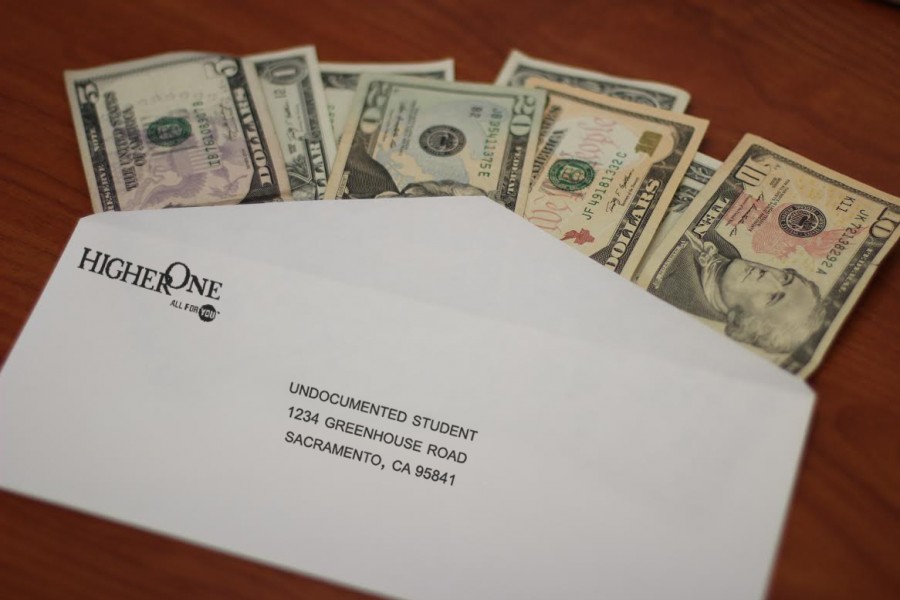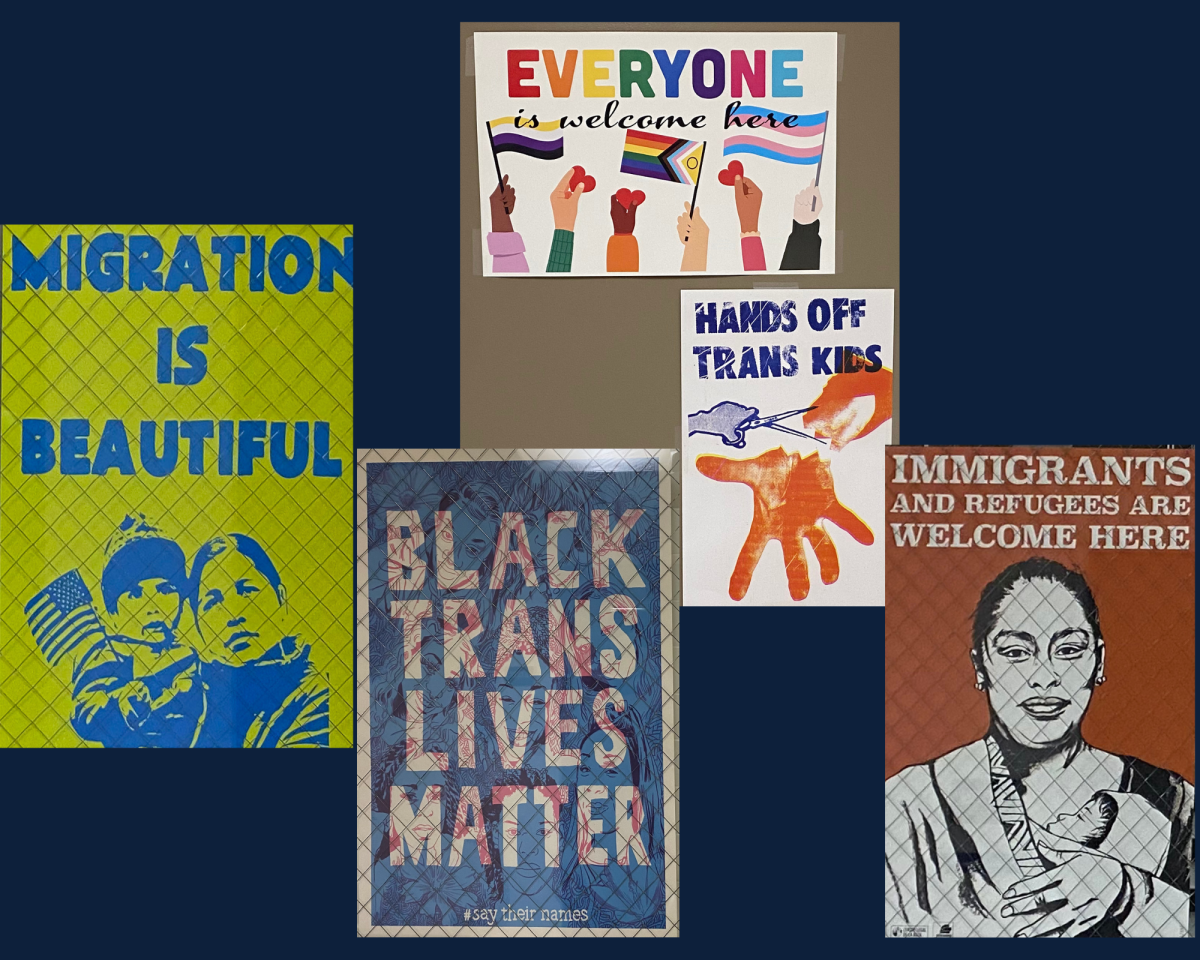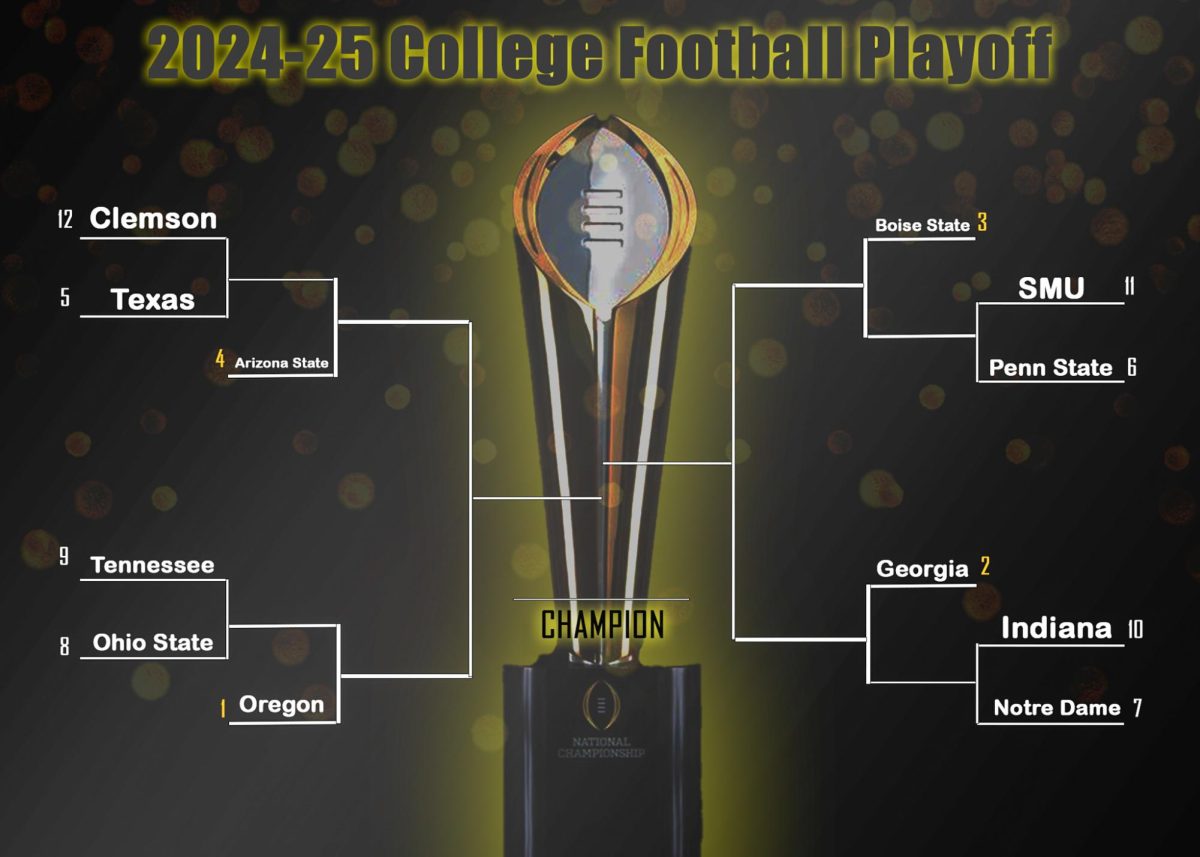By John Ferrannini and Cameron Weaver
John Ferrannini: YES
Gov. Jerry Brown recently signed a law that would allow students who have entered the United States illegally to receive loans to attend California public universities. I support this law.
Because of their undocumented status, these students are ineligible to receive both federal and private loans. This means that undocumented students in the country have a shortfall of between $3,000 and $6,000 per year if they want to attend a public university, according to University of California Public Relations Director Nadia Leal-Carrillo.
The California Dream Loan Program makes $9.2 million accessible to students in the country illegally, according to the Sacramento Bee.
Students who have entered the country illegally will be able to take out a loan of up to $4,000 per year.
It was once said by author John Steinbeck that “my whole family has been having trouble with immigrants ever since we came to this country.”
According to the Los Angeles Almanac, there are almost 3 million people who entered the country illegally residing in the state of California. Surely, all of these people cannot reasonably or feasibly be deported from the United States.
Are we to make these people, some of whom came at young ages with their parents, a permanent underclass living in the shadows of our society?
Diana Campos, 20, is a student at American River College. According to KCRA, she came to the country illegally as a child.
“It’s important to know I am an American, an undocumented American,” she told KCRA. “I’m not a foreigner, I’m here.”
Education is important not just for personal enlightenment, but for long-term quality of life. People who attend college, especially universities, are able to make more money and contribute more to both the economy and the government through tax revenue.
Rather than creating a permanent underclass, we should – in absence of any action on this issue from Washington – give those who entered the country illegally hope for a better future as full, contributing members of our society.
Let us give them a hand up so they can achieve their dreams and help us in conducting the great experiment that is America. Let us respond to the call of the better angels of our nature and give everybody the opportunity to live their dreams in a country that symbolizes mans hope for opportunity and freedom.
And let us especially not punish those who came here as children – through no fault of their own – and who feel as American as anybody who was born here. As it says in the Bible, “The son shall not bear the iniquity of the father.”
My great-grandparents came over to the United States from Italy one hundred years ago and were able to build a better life for their children, their children’s children, and myself. I’m sure your ancestors also came from somewhere else in this world. Now it’s up to us to make sure the lifeblood of the American dream is renewed.
Cameron Weaver: NO
Earlier this month, Gov. Jerry Brown signed three immigration reform bills into law, granting state public universities the ability to provide $9.2 million in loans to undocumented students via the State Loan Dream Program.
Legislation of this nature is completely counter-productive, leads to further unpayable student debt, and deprives people – documented or not – the opportunity to receive federal grants that help to cover the outrageous educational expenses in the United States.
Don’t just take my word for it. According to reports published by the Federal Reserve in 2013, national student debt totaled to $966 billion dollars – nearly 6 percent of the United States’ $16.4 trillion in outstanding debt at the time.
How is helping California citizens plunge themselves into further debt – regardless of if they are documented – going to help create jobs in fields that students are unable to find jobs in upon graduation?
Rather, the subject of debate should be vested in financial aid, and federal grants like the Pell Grant, which give students debt-free financial assistance in pursuit of their educational goals.
According to Department of Education figures, $3,651 of Pell Grant federal aid was given to students on average for the 2013-2014 school year, with the maximum cap having been set at $5,645 (it has since been raised to $5,730 for the 2014-2015 year).
And what exactly is the average cost of tuition for a full-time college student?
According to The College Board’s 2013 Annual Survey of Colleges, 2013-2014 tuition and fees for a student attending a public four year in-state college averaged to $8,893.
It’s time to put this all in perspective: It costs an average student attending a public college almost $10,000 annually to cover the costs of their education, including tuition and expenses (which, of course, vary among location and demographic), yet the average student will only receive around $3,500 in Pell Grants.
With a gap of over $6,000 left to cover (and remember, these are national averages; the situation is horrific in higher-cost regions), is it any wonder why aspiring students, who are seeking to make better their life in the pursuit of knowledge and future economic prosperity, are forced to take out loans so they can finish their college year and still afford a roof over their heads and food on the table?
The answer is not to extend the student-debt bubble further by giving undocumented students the chance to perpetuate this cycle via further loans.
A complete re-examination of federal financial aid allocation and disbursement, which has been clamored for by countless organizations for decades, is what needs to take place instead.
Where is the pressure from our state government to hold the federal government accountable for its grossly-lampooned overspending? Why is it that funding for anything that benefits the future backbone of American society is continually decreased, stripped, or forgotten about altogether?
Finally, why is it that our government, which is host to a nation that is still, in 2014, considered the sole superpower of the entire world, continues to insist that a college student must risk putting themselves in perpetual debt for the rest of their lives in order to achieve a higher education?
The answer to furthering educational opportunities to undocumented students has not, and will not, lie in immediate short-term compromises like extending loan opportunities – doing so only continues to perpetuate the United States as the number one largest student-debt carrying nation in the world.
We need to start holding our federal and – perhaps even more importantly, our state – governments accountable, and work together with current and emerging legislators to focus on getting financial assistance to students nationwide, without having to potentially ruin their futures in the process with more loans and costly interest.















